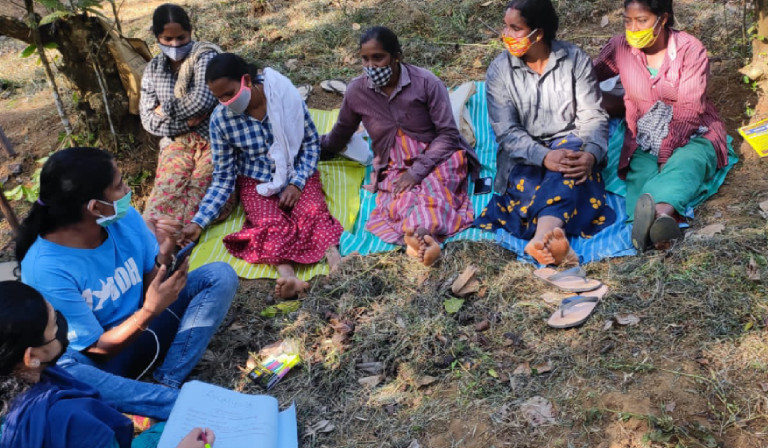Ramesh, R., Frank, E., Padmavilochanan, A., Barda, Y., Eldar, I., Wolf, H., … & Fishman, R. (2024). Reliable Water Quality Monitoring by Women in Low-Resource Communities. ACS ES&T Water, 4(9), 3832-3841.
Ajith, V., Fishman, R., Yosef, E., Edris, S., Ramesh, R., Suresh, R. A., … & Mamane, H. (2023). An integrated methodology for assessment of drinking-water quality in low-income settings. Environmental Development, 46, 100862.
Ramesh, R., Sithara, G. S., Gireesh, G. S., Nair, R. R., Ajay, A., Von Lieries, J. S., & Bhavani, R. R. (2024). Training of Rural Women to Monitor the Water Quality at the Point of Use to Increase WASH Empowerment in Rural India. IEEE GHTC, 332–339.
Ramesh, R., Mohan, A., N. N., von Lieres, J. S., & Rao, B. R. (2023). Exploring the Role of Women in Technology-Driven Water Quality Monitoring Using a Participatory Approach. IEEE GHTC.
Ramesh, R., N. N., Mohan, A., von Lieres, J. S., & Rao, B. R. (2023). Enablers of Rural Women’s Adoption of Water Quality Monitoring Technologies for Ensuring Clean and Safe Drinking Water. IEEE GHTC.
Ramesh, R., Sithara, G. S., Nair, R. R., Gireesh, G. S., Ajay, A., von Lieres, J. S., & Bhavani, R. R. (2024). Enablers and Barriers to Improved Drinking Water Sources and Safe Water Practices in Rural India. IEEE GHTC.






